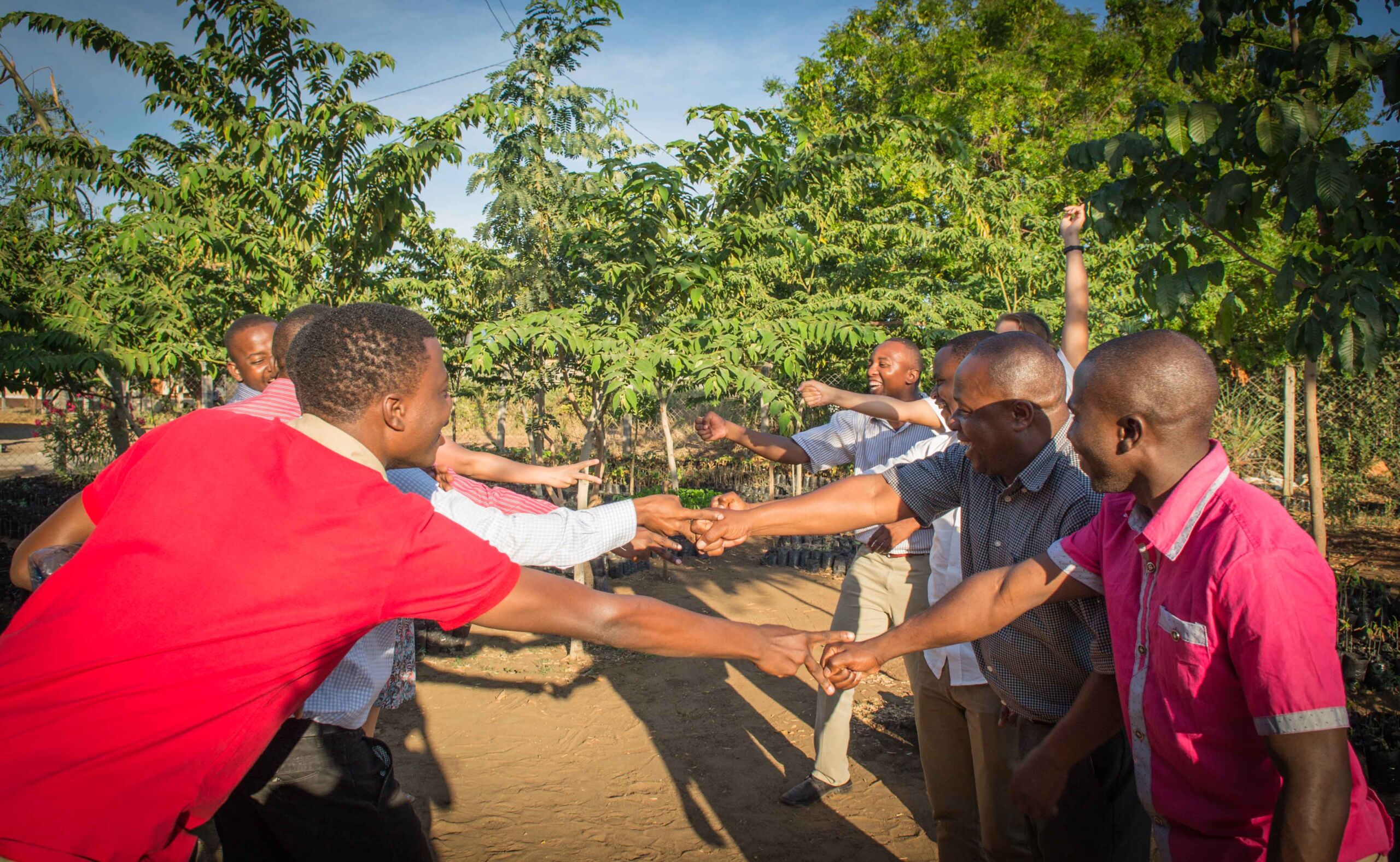By Cath Long
Civil society organisations are under assault around the world. As recently described in The Guardian and by networks such as CIVICUS, the past several years have witnessed a surge in government efforts to restrict local organizations’ ability to operate or access external funds. At the same time, development aid often exacerbates constraints placed on civil society organizations by favouring short-term, restricted funding, curtailing investment in salaries and overheads, and imposing onerous reporting requirements.
The 2015 CIVCUS annual report on the state of global civil society rightly observes that, “It is not surprising that domestic civil society does not have the capacity to defend itself against attacks on civic space if donors have systematically underinvested in local organisations.”
These growing threats to civil society come at a time when it’s never been needed more. From implementing the outcomes in Paris to advancing the new Sustainable Development goals, civil society – as both a powerful change agent and as a watch dog – will be essential. Thus it will be critical to develop ways to better strengthen and support local organizations, enabling them to respond to a growing suite of threats while at the same time achieving even more. We highlight four priority areas for revitalizing local civil society towards these ends.
Focus “capacity-building” on long-term sustainability, not compliance requirements
In development, the existing practice of capacity building tends to focus on improving an organisation’s ability to meet various funders’ financial management requirements. Capacity building is often delivered through one-off trainings focused on reporting, financial management, and administrative systems. Meanwhile, elements critical to organisational success and sustainability tend to get ignored. Ensuring local organisations have a clear vision, purpose, and strategy; a committed and active group of constituents; and sustainable ways of funding their work tend to be less immediate priorities in relation to external compliance and reporting. These deeper issues are also less amenable to short-term, generic training interventions. For real capacity to be built over time, investments need to focus more on organisations’ long-term health and priorities.
Invest in organisations and movements- not just projects
Some private funders, such as ‘venture philanthropy’ networks are advocating shifts in favour of longer-term organisational support rather than short, one-off projects. The President of the Ford Foundation recently committed the organization to increasing general operating support to civil society groups as part of a commitment to “building organisations in a different, more durable way.” Funders of all kinds need to break down silos, learn from each other, and adapt progressive models and practices across the broader development and environment fields.
Improve north-south partnerships to strengthen local autonomy and impact
International organisations increasingly play the role of conduit from northern development agencies to local civil society organisations. These partnerships can provide critical access, influence, and resources to local organisations through long-term partnerships and networks, but they also run the risk of draining local organisations’ autonomy, focus, and energy.
Learning from innovative north-south network partnerships, and reconsidering the basic rationale and mechanics of such relationships in a changing global context, are all practical priorities for strengthening civil society globally.
Rethink organisational business models
Finally, it is imperative to include deeper questions around constituent accountability, ownership and financial sustainability in discussions around organisational capacity. Civil society organisations that lack ties to citizens and to communities and that remain overwhelmingly reliant on foreign funding will be increasingly at risk in the future. Alternative funding models, such as through membership structures, earned income, endowment funds, or social enterprise, are an increasingly important part of the discussion around organisational capacity and ultimately as or more important than the kinds of administrative capacity that is typically the subject of capacity development interventions.
In a world of accelerating social and environmental changes and pressures, a robust and resilient civil society is critical to bringing about real change. But to counter the growing threats to civil society groups around the world, we need to reconsider how local organisations are supported, how capacity is conceptualized and actively enhanced, and how the long-term threats to organisational sustainability and performance can be better addressed.
Cath Long is the Director of Well Grounded, a non-profit, non-government organisation registered in the UK that provides organisation development support to civil society organisations in Africa so they have real and sustainable impacts on natural resource governance and community rights.
Fred Nelson is the Executive Director of Maliasili Initiatives, a US-based non-profit organisation that supports the growth, development, and performance of leading civil society organisations and social enterprises working to advance sustainable natural resource management practices in Africa.

